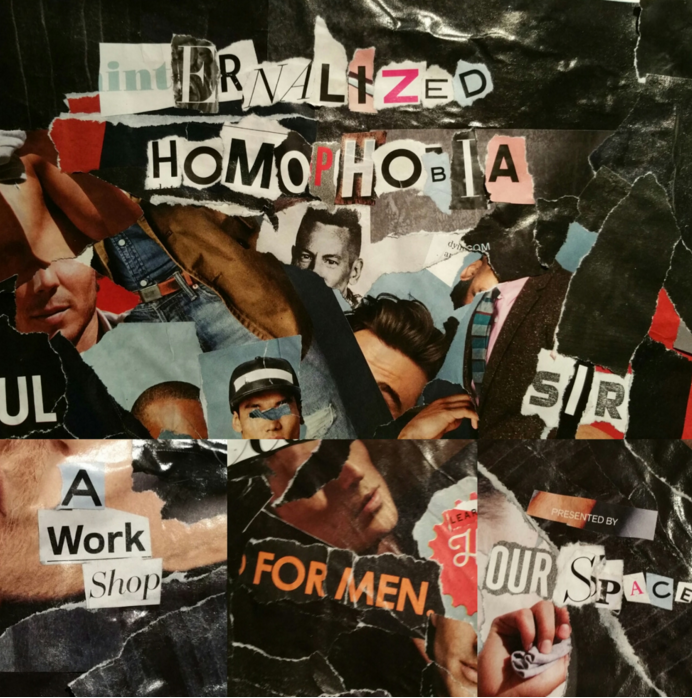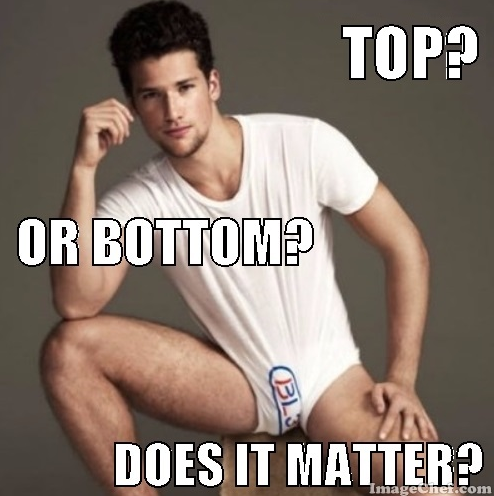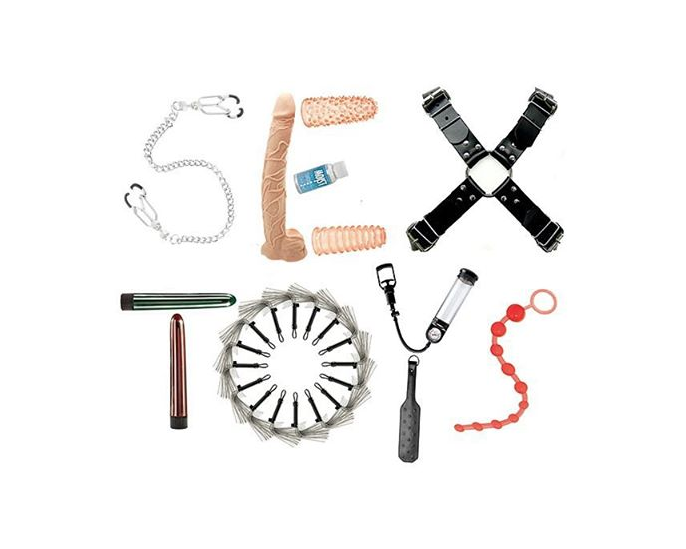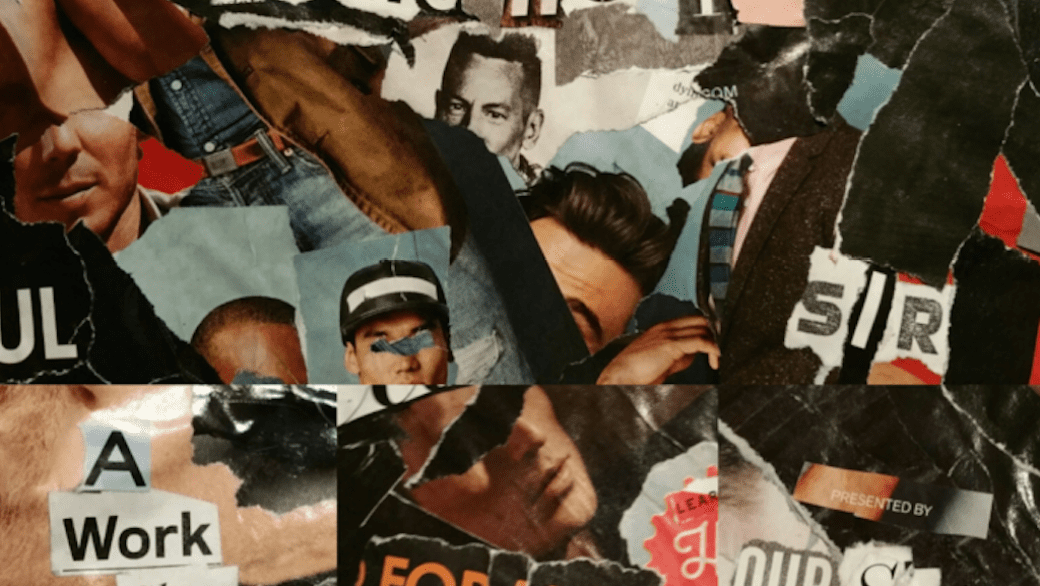There are times when, frankly, I despair for the youth of today. I don’t know if it’s their predilection for plumber’s crack with skinny jeans, or the enduring popularity of Justin Bieber, but there’s something a little callow about the current generation of young people. I mean, whatever happened to classic fashion like high-waisted acid wash jeans, or great tunes by masters like Debbie Gibson or Tiffany?
Okay, scratch that. Turns out my generation was just as tacky and tuneless.
But it does seem that we were more politically active in those days, what with the AIDS crisis and people like Jerry Falwell planning our eternal damnation. Sure, we may now have gay marriage, and Falwell is tanning his red neck in hell, but are young folks today only concerned with partying, getting laid and wearing oversized sunglasses?
No, of course not. And it’s downright feeble of us middle-agers to think we were any better, or any less callow. Particularly when there are groups like OurSpace blossoming in the ground that we and our forebears tilled.

(Image created by Juan Saavedra)
Created by young community builders, the OurSpace collective is a sort of social/social consciousness hybrid, combining fellowship with educational discourse for their gay, bisexual and trans members.
“Our main goal is to develop and build a community that can create ways to support each other,” says Aidan Ablona, co-chair of the group’s steering committee. “We hold workshops and discussion groups, but we also plan activities like just hanging out at the park or the beach. The idea is to get together and have fun, while also providing an opportunity for an exchange of ideas and experiences.”
It’s been a year since OurSpace’s first event, a workshop on stigma within the gay community. Outreach through social media outlets like Facebook, Instagram and Tumblr yielded a solid first group, and the numbers have only continued to climb since.
“I think social media is very key in attracting people to the events,” Ablona says. “We also send out surveys to some of our networks of young guys, asking what topics they’d be interested in. We’re a collective, so we’re responsive and flexible to other ideas.”

This online approach serves the group well, given that their target audience is a generation for whom the cellphone is basically a semi-detachable appendage. But as connected as today’s young gays are, Ablona and his co-founders were troubled by the apparent scarcity of real-life interactions.
“We asked ourselves, what are the opportunities for gay youth? The gay village and the spaces that were for gay guys getting together has shifted now, especially with online communication and social media and Grindr. The ways of connecting with another person is very different these days, with a lot of it being online. And bars and clubs are mostly focused around hooking up.
“I think there are a lot of really eager and talented smart guys out there looking for jobs or volunteer positions to contribute to community work in a productive way. The idea around the collective was to get guys together to have that opportunity, and to tap into different experiences and different points of view,” he explains.
It quickly became clear that the OurSpace founder’s weren’t the only ones looking for discussions that could take place without being shouted over a coronary-inducing bass beat. Other young men proved eager to explore issues like mental health, internalized homophobia and racism within the community. Ablona points to a recent event called Busting the Top Bottom Binary as a perfect example of OurSpace’s mandate to explore and educate.

(Image created by Juan Saavedra)
“That workshop was really looking at bottom shaming, and how top and bottom identifiers have restricted the ways we see each other,” he says. “It asked questions like why don’t bottoms play with other bottoms? We also talked about different ways to play with each other that isn’t just about anal insertion.
“We’re trying to broach topics that aren’t really being talked about in the community. It’s all youth led, with a focus on creating opportunities to either lead a workshop or event, or even just attend.”
And while OurSpace’s focus is on the experiences of gay, bi and trans youth, the group retains a strong respect and curiosity about the generations who fought for the rights we enjoy today. An upcoming series will feature thirty stories about living through the AIDS epidemic, told by the men who experienced it first-hand.
“We really want some kind of inter-generational dialogue for learning,” Ablona says. “We can learn so much from the guys who were youth during a very important time in our history. They really lived it, and survived.”
(thisisourspace.ca)

 Why you can trust Xtra
Why you can trust Xtra


